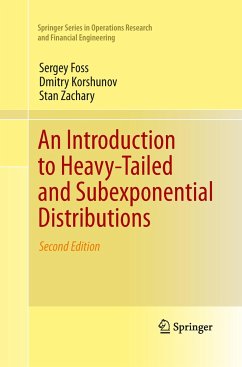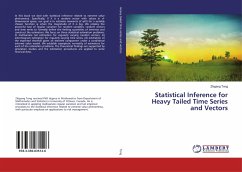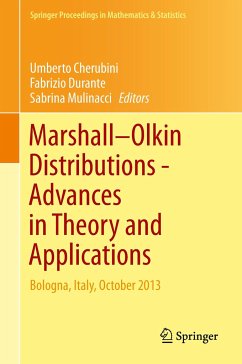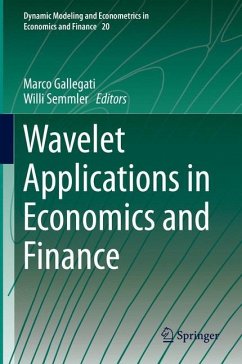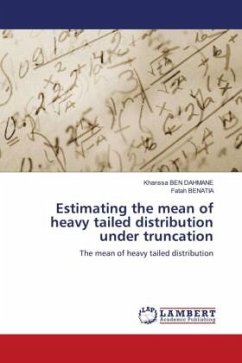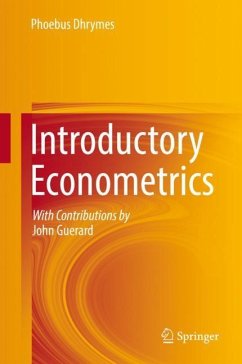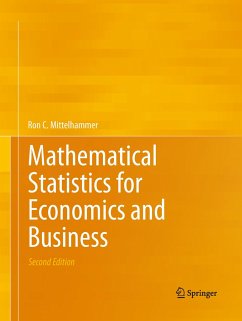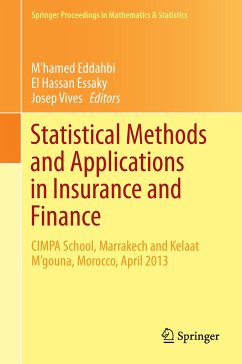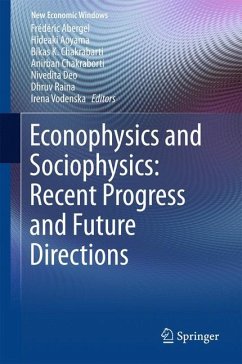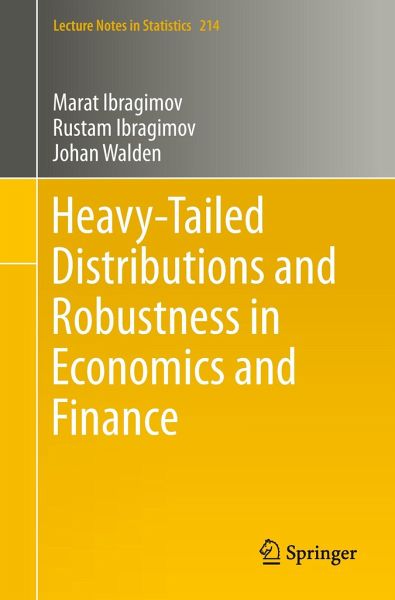
Heavy-Tailed Distributions and Robustness in Economics and Finance

PAYBACK Punkte
19 °P sammeln!
This book focuses on general frameworks for modeling heavy-tailed distributions in economics, finance, econometrics, statistics, risk management and insurance. A central theme is that of (non-)robustness, i.e., the fact that the presence of heavy tails can either reinforce or reverse the implications of a number of models in these fields, depending on the degree of heavy-tailed ness. These results motivate the development and applications of robust inference approaches under heavy tails, heterogeneity and dependence in observations. Several recently developed robust inference approaches are di...
This book focuses on general frameworks for modeling heavy-tailed distributions in economics, finance, econometrics, statistics, risk management and insurance. A central theme is that of (non-)robustness, i.e., the fact that the presence of heavy tails can either reinforce or reverse the implications of a number of models in these fields, depending on the degree of heavy-tailed ness. These results motivate the development and applications of robust inference approaches under heavy tails, heterogeneity and dependence in observations. Several recently developed robust inference approaches are discussed and illustrated, together with applications.





